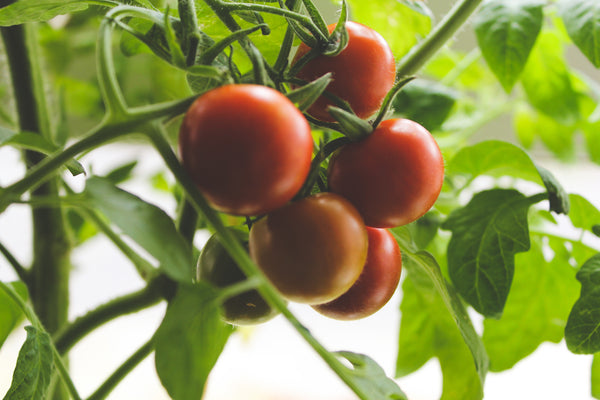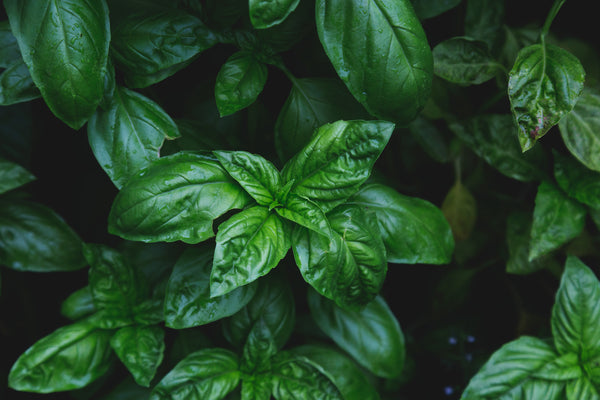The pH scale measures relative acidity and alkalinity in soil. A pH of 7.0 is absolutely neutral and expresses the relative acidity of pure water. A pH of 1.0 would be extremely acidic (stomach acid), and 14.0 would be extremely alkaline (lye or drain cleaner). Nearly all crop plants prefer growing in a slightly acidic to neutral pH of 6.0 to 7.0. Outside of this range, many soil nutrients become unavailable to plants which leads to stunting, discolouration, poor fruit set, and general poor growth. Without the correct soil pH, there is no point in adding fertilizers or other nutrients to the garden.
The letters pH stand for potential Hydrogen, and refer to the balance of positive hydrogen (H) to negative hydroxyl (Oh) ions. When water molecules form a solution with soil, they break up and combine with other particles to form new compounds.
It is the natural tendency of soil to become more acidic over time as organic acids are released as matter decays. Alkaline ions (calcium, magnesium, potassium, sodium) are leached out of soil by rain, and this adds to the process. This is why growers apply dolomite lime to their gardens and fields every few years. Dolomite consists mainly of calcium carbonate, which makes more hydrogen ions available in the soil and raises the pH.
We recommend liming soil every three years as part of a regular crop rotation cycle. Dolomite lime is a safe, natural product. Please follow the coverage directions on the specific brand you find.



